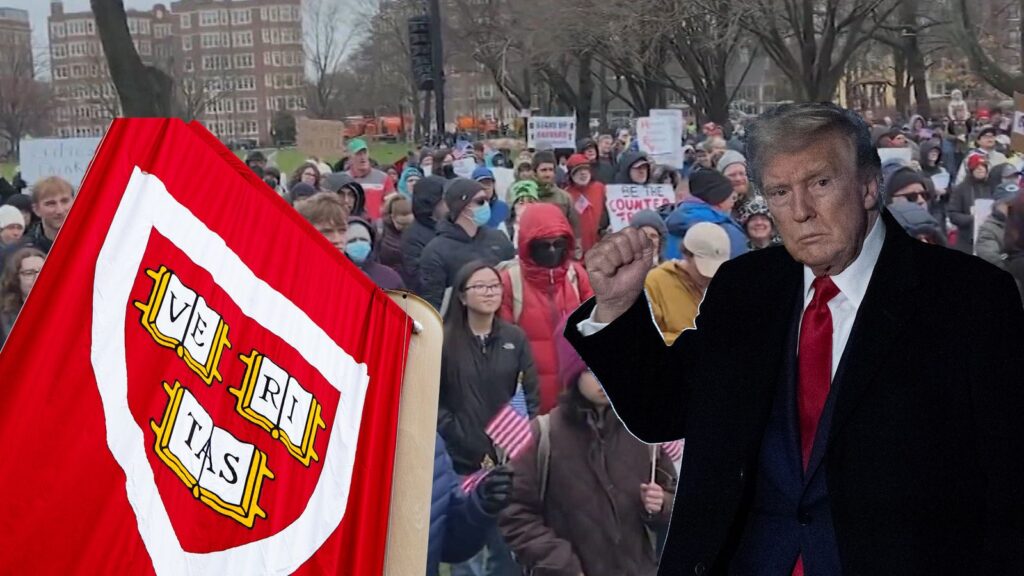The US government has frozen over $2.2 billion in funding for Harvard University following the university’s refusal to comply with demands from the Trump administration to address protests on campus. This action signifies a significant clash between Harvard University and the government, highlighting the complexities of academic freedom and government oversight in the United States.
This development, occurring on Wednesday, April 16, 2025, underscores the broader tensions between academic institutions and political authorities. The decision to freeze such a substantial amount of funding raises questions about the balance of power between educational autonomy and governmental influence. The repercussions of this funding freeze on Harvard University’s operations and programs are yet to be fully realized, but it signals a potentially impactful standoff between a prestigious academic institution and the highest levels of government.
For more insights into the conflict between Harvard University and the Trump administration, Sky’s David Blevins provides a comprehensive overview in a video presentation. This clash serves as a reminder of the intricate relationship between education and politics, shedding light on the challenges faced by universities in navigating their institutional autonomy while facing pressures from external forces.
As this situation continues to unfold, it prompts discussions on the boundaries of governmental intervention in academic affairs and the implications for academic freedom and independence in the United States. The outcome of this standoff will likely have far-reaching consequences for both Harvard University and the broader landscape of higher education in the country.

